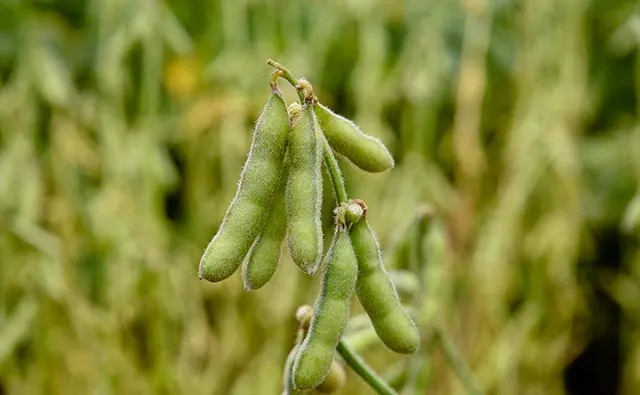Industry News, Fungicides, Agriculture & Feed
Understanding Biofungicides and Their Role in Successful IPM Programs

Industry News, Fungicides, Agriculture & Feed

Everyday growers and agribusinesses alike face pressures of sustainable farming, regulatory policies and more. As the industry collectively seeks ways to advance the effectiveness of pest-control tools, enhance production, minimize environmental impact and maximize return, biologicals have emerged as a promising solution.
“Biologicals complement existing crop protection products by integrating living or naturally occurring substances in an integrated pest management (IPM) program,” said Wilbur-Ellis Agronomist, Brooks Craven. “They can also be paired with current farming practices as an enhancement to effectively protect plants from disease, insect pests and weeds.”
Biofungicides are a growing segment of the ag input industry. Many offer a unique mode of action, enhanced rotational resistance management and a zero-day preharvest interval (PHI) to help growers protect their crop from disease with an eye toward prolonging the efficacy of all their fungicide choices.
“Biofungicides enhance conventional control methods when used in an IPM strategy by offering a more holistic approach to maximize yield and minimize disease resistance,” said Craven. “Some biofungicides, for example, will stimulate the plant’s natural defense mechanisms to help strengthen the plant against future fungal attacks as a preventative.” Other biological products can fight pests directly or colonize the roots of plants to act as a barrier against pests.
“Most importantly, biofungicides deliver the value and efficacy growers need in the field to make a difference on their bottom line,” Craven said. “As increasing environmental and chemical restrictions have resulted in the loss of many important chemistries, biologicals give growers more options to manage resistance against diseases and pests—at a reasonable cost.”
Biofungicides are naturally based microbial or biochemical products, meaning they have beneficial microorganisms as the active ingredient—usually bacteria or fungi found in root, soil and foliar environments. Biofungicides can induce resistance to a wide range of diseases in a variety of plants and can further support plant growth promotion and improve nutrient uptake.
Alongside bioherbicides and bioinsecticides, biofungicides make up part of the growing biological crop protection segment designed to support more natural solutions that enhance production and environmental health while meeting increasing consumer demand for sustainably grown food.
Further, biofungicides can enhance the performance of synthetic products. They leave few or no residues and can be an important part of an integrated pest management (IPM) program when used properly and proactively.
Biofungicides deliver a proven approach to help reduce the damage caused by diseases and pests with positive impacts to the grower’s bottom line as well as the environment.
Unique benefits include the following:
Trained agronomists and certified crop advisors are armed with the data and expertise to demonstrate biological efficacy and to support growers with implementation.
“Dedicated retailers combine years of training and expertise with the latest trials and technologies to develop and vet sustainable solutions for our growers’ fields and orchards,” said Craven. “As agronomists, we’re excited to bring that knowledge to the grower to help them enhance their farm production and returns.”
As you develop your crop protection programs for this season, consider including a biofungicide alongside your traditional fungicides for effective disease control.